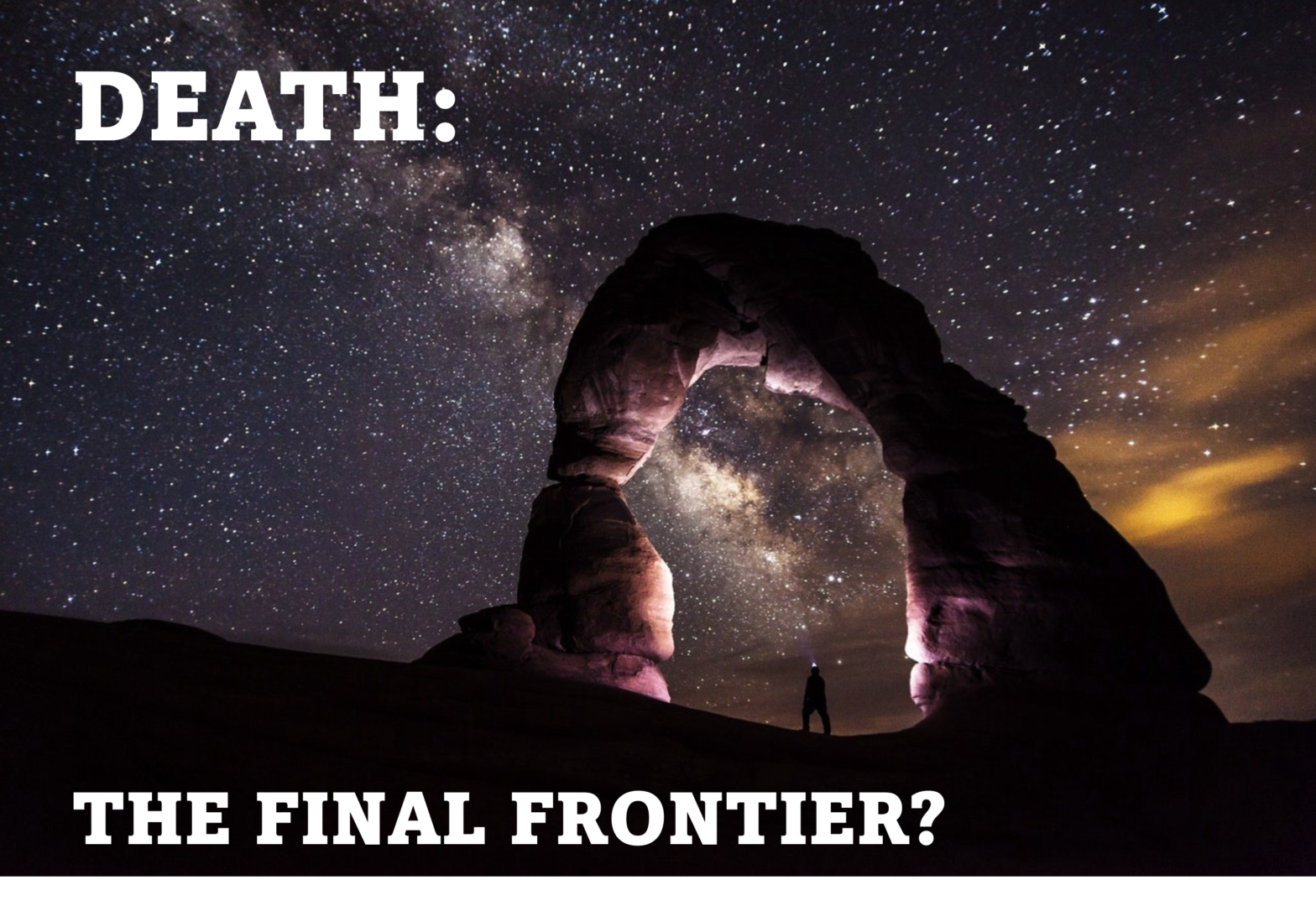Preface
This article aligns with my article submission for the Young Writers Program, managed by Press Services International. This program helps to provide a ready-source of content for the magazine publication Christian Today Australia.
The PSI/Christian Today article – my 33rd – was first published Friday 25 February 2022 and is available here.
View the full list of my articles here.
Introduction
This article is written after a week full of drama which included attending two funerals. The first funeral was for a neighbour whilst the second funeral was for an individual who was instrumental in the financial enablement of my church’s Love Loud Meal Delivery COVID response service. In addition to the funerals, within the church community, we received the news of the untimely passing of one of members. And in that family situation, the loss was amplified – since the mourning mother had just endured the passing of her own mother back in January and now is also having to soldier on without her beloved son. I also received news of the passing of my high school chaplain. All in all, that is four deaths that have crossed my path.
Talking about Death…
The topic of death can be quite morbid. In some cultures it is a taboo. The fear associated with death is a very natural human emotional response which Hollywood has tapped into regularly. Death is very much a one-way path – it is largely agreed that no one comes back from the dead; it is a final destination that awaits us all.
Some faiths believe in reincarnation and that we endure a never-ending cycle of rebirth and returning to this world in a new form. Judaism, Christianity and Islam all share a common finality that death awaits us all. Christianity stands alone in that death has been conquered on the Cross by Jesus. God’s divine plan was that death would merely be a doorway which we must pass through.
Funerals are for the Living
In Ecclesiastes chapter 7 provides God’s wisdom on the topic of death:
A good name is better than fine perfume, and the day of death better than the day of birth.
It is better to go to a house of mourning than to go to a house of feasting, for death is the destiny of every man; the living should take this to heart.
Sorrow is better than laughter because a sad face is good for the heart.
The heart of the wise is in the house of mourning, but the heart of fools is in the house of pleasure.
That passage was shared during one of the funerals and its life lesson struck me, particularly given during this period I was dealing with so much death and indeed attending the house of mourning a fair few times more than usual.
Generally, this passage from Ecclesiastes is repeatedly emphasising the value of difficult things over pleasant things. We might notice that our life seems to be filled with difficult things – difficult people, difficult situations, problems that are over our head, etc. And it’s when life is filled with these kinds of things that we’re most likely to bitterly contend with God.
When we consider the first verse – no one remembers their day of being born. Further, as believers, a day of death can be offset by the faith we have that the person we mourn has transitioned to the afterlife.
In the second verse, the reason behind the day of death being better than the day of birth becomes clearer. Death is an unavoidable end for everyone, so don’t fight it. Instead, embrace and take it to heart. Be ready for death. Be ready to face God our Maker.
Sadness of face is good for the heart. There are things that God has to show and teach us through the experience of sorrow that help us grow. We tend to grow through hardship more than lives of comfortable. Further, as the fourth verse highlights, it is wise for you to consider your end and act based on what you have learned.
We are all Connected
At one funeral, the mourning son was quite philosophical – he reflected on the week that unfolded ever since his father had passed away. He didn’t know what to feel, or to think. The hole that had been his father would always remain. But the legacy and memory of his father was shared amongst all of us in attendance. And the impact and influence of his father had clearly rubbed off on each of us to varying degrees.
So, yes we mourn and funerals are part of that framework for us to have closure. In the Catholic mass/funeral which I attended for my neighbour, all of us who lived immediately around the home were in attendance. That comradery and community helped us share in the grief, supporting one another.
Each time a loved one departs us, a part of us dies. For myself, my Mum died when I was four years old. During my childhood I worked so hard to forget the pain that many memories from that time seem to be impossible to recall now. With a 90-year-old father suffering from dementia, I have taken steps to prepare for his unavoidable end. However, as much as the practical and operational aspects of dealing with that future event, I am fully cognisant that the emotional pain will be unparalleled. I will however take solace in the fact that he will have completed running this race of life and finished well to be reunited with my Mum and more importantly God in heaven.
Jesus said to her, “I am the resurrection and the life. The one who believes in me will live, even though they die; and whoever lives by believing in me will never die.
John 11:25 & 26
Do you believe this?

